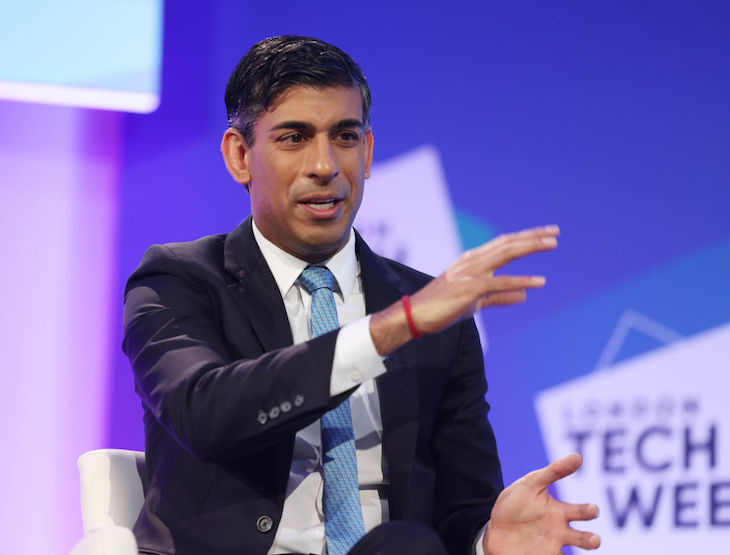Another week, another round of partygate stories. Leaked footage over the weekend of Tory aides working on the London mayoral campaign in 2020 partying despite strict covid rules at the time meant that the top news line from the Sunday government media round was Michael Gove apologising on behalf of the Conservative party. Later today, MPs will seal Boris Johnson’s punishment after the privileges committee found the former prime minister guilty of deliberately misleading parliament. However, the debate could be a lot less dramatic than expected, with MPs on a one-line whip and Johnson standing down several of his supporters – asking them not to vote against the proposed punishment (despite calling the report a political punishment) that he be banned from having the commons’ pass former MPs hold. There is a chance the conclusions of the privileges committee will get waved through without a vote.
An election in 2023 remains unlikely
However, the bigger issue for Sunak this week is not the legacy of Boris Johnson but the ticking mortgage time bomb. As of this morning, a typical two-year fixed mortgage deal now has an interest rate of more than 6 per cent. This is the highest since December.
As I say in this week’s cover piece, the problem is not just the pain soon to be felt by those having to remortgage soon. It’s also a particular problem for Rishi Sunak’s own brand, given he was picked to calm the markets after the Liz Truss mini-budget debacle. The issue of rising mortgage costs is viewed as so great in the parliamentary party that some Tory MPs have even suggested Sunak should consider an election this year – despite current polling – as 2.5 million people will come to the end of fixed rate deals across 2023 and 2024. Those who need to renew their mortgages next year could find the problem is even worse. On Thursday, the Bank of England could impose the13th consecutive increase rate rise.
An election in 2023 remains unlikely – with Sunak wanting to use this year for delivery before switching into campaign mode in the new year. However, Sunak is already under pressure to take action. His chancellor Jeremy Hunt has ruled out such intervention in the private mortgage market.
For now, the Prime Minister can take comfort that Labour, like the Tories, have ruled out extra help for mortgage holders. This is, in part, over fears that such help could fuel inflation – and there is little headroom to do much anyway. What is clear, however, is that the economic pain leaving voters feeling squeezed is not about to go away anytime soon.







Comments